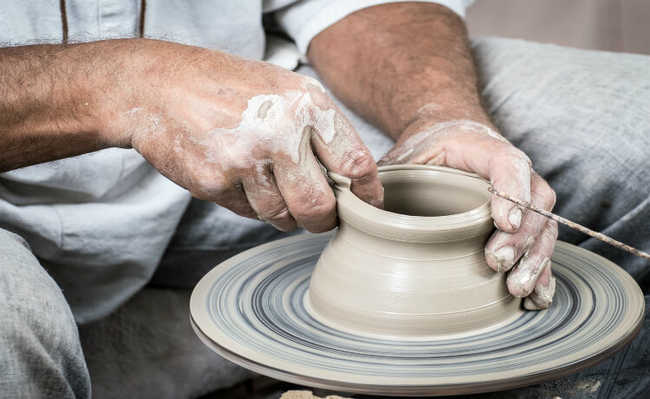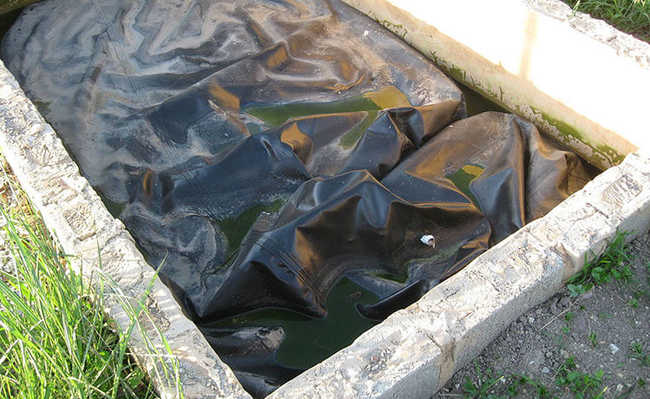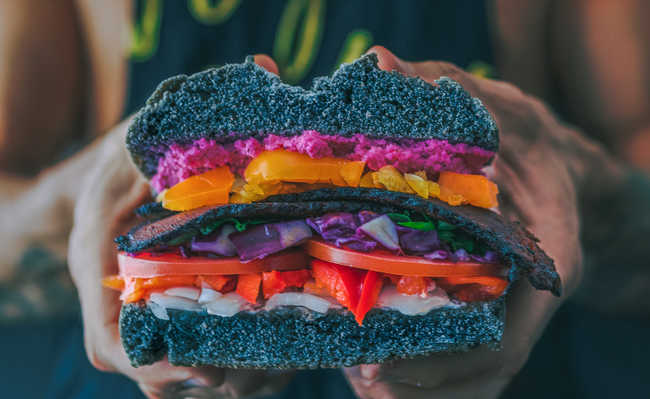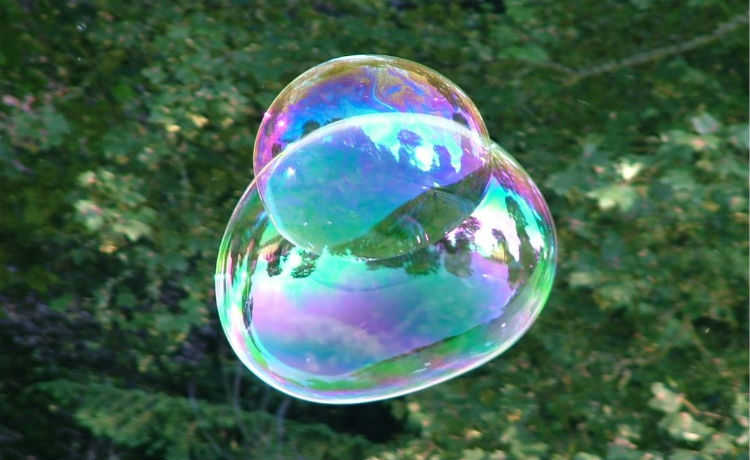Kidney Cleansing: Eight Natural Style Tips
Water, parsley tea and lemon juice are some natural options for kidney cleansing. Check out the complete list!

Edited and resized image of Piotr Chrobot, is available on Unsplash
Cleaning the kidneys is a vital process for the health of the body, getting rid of excess waste, allowing the balance of electrolytes and the creation of hormones.
In the absence of disease, a well-balanced diet and adequate water intake are usually sufficient to keep the kidneys healthy. However, certain foods and herbs can enhance kidney cleansing. Check out some tips on how to do a natural kidney cleanse.
1. Hydration is essential
The adult human body is basically made up of almost 60% water. Every organ, from brain to liver, requires water to function. But the kidneys, specifically, because they work in the filtration system, require a lot of water to secrete urine, which is the main waste product of the body.
When water intake is low, urine volume also decreases, which can lead to kidney dysfunction and kidney stones.
It is crucial to drink enough water so that the kidneys can properly clean up excess waste. The recommended daily fluid intake is approximately 3.7 liters and 2.7 liters per day for men and women, respectively, according to the Medicine Institute. But it is important to take into account the intake of foods rich in water such as cucumber, watermelon, cantaloupe, among others.
2. Parsley tea
According to a study published by the platform PubMed, parsley, rich in antioxidants and vitamins, helps clean the kidneys naturally. For many centuries, parsley tea has been used as a diuretic that helps treat kidney stones, gallbladder stones, bladder and urinary tract infections.
A cleansing of the kidneys can be done, under medical supervision, by drinking raw parsley, parsley tea or parsley with water and lemon. The roots of the herb are also very helpful in fighting kidney stones. Learn more about tea in the article: "Parsley tea: what it is for and benefits".
3. Grapes
Grapes contain a compound called resveratrol. And in an animal study, researchers found that treatment with resveratrol was able to decrease polycystic kidney inflammation.
4. Lemon, orange and melon juice
Lemon, orange and melon juices contain citric acid. This substance helps prevent the formation of kidney stones as it binds to calcium in the urine. This inhibits the growth of calcium crystals, which can lead to kidney stones.
Also, drinking a cup of fresh juice a day can contribute to your recommended daily fluid intake.
5. Seaweed
An animal experiment showed that rats fed seaweed for a period of 22 days showed a reduction in kidney and liver damage caused by diabetes. The results do not prove that the same effects happen in humans, but they are indicative that this is possible.
6. Foods rich in calcium
Many people believe that avoiding calcium can help prevent kidney stones. In fact, it's the opposite of that.
Excess urinary oxalate can lead to kidney stones. Calcium, in turn, can bind to oxalate to reduce the absorption and excretion of this substance, preventing the development of kidney stones.
In addition to dairy products, you can get calcium from foods like soy, almond milk, and tofu.
7. Hydrangea tea (Hydrangea paniculata)
The hydrangea is a beautiful flowering shrub, well known for its pink, blue and white flowers.
A study found that the intake of extract from paniculate hydrangea for three days protects the kidneys against oxidative damage.
8. Sambong tea (Balsamifera Blumea)
Sambong is a tropical shrub, common in countries like the Philippines and India. In one study, researchers found that the extract of Balsamifera Blumea decreases calcium oxalate crystals. This shows its potential to prevent the formation of kidney stones.
Adapted from PubMed and Healthline










